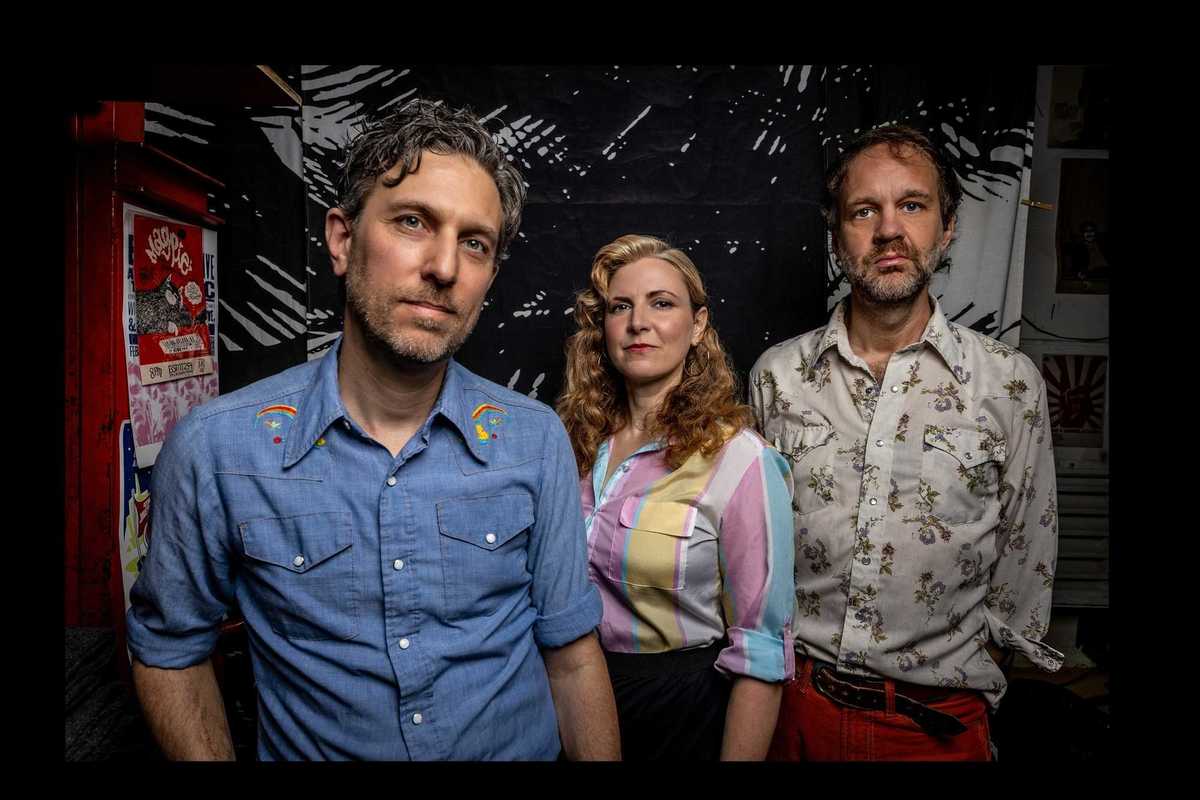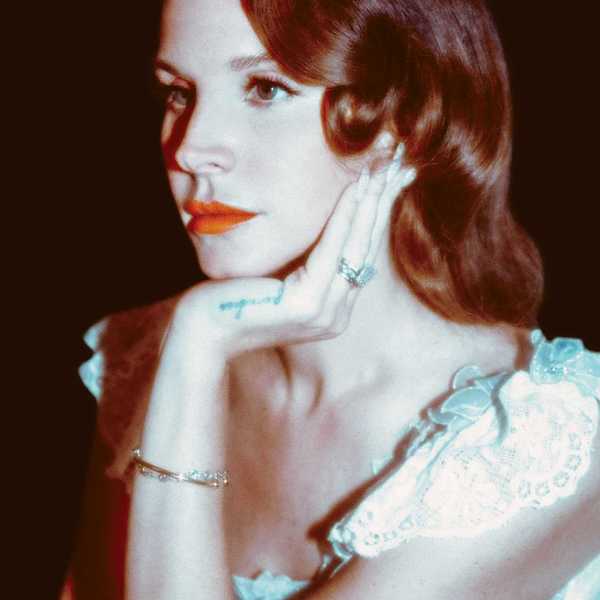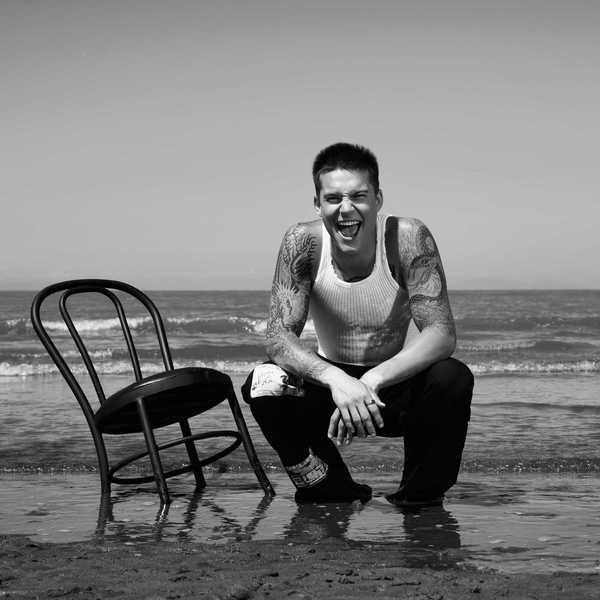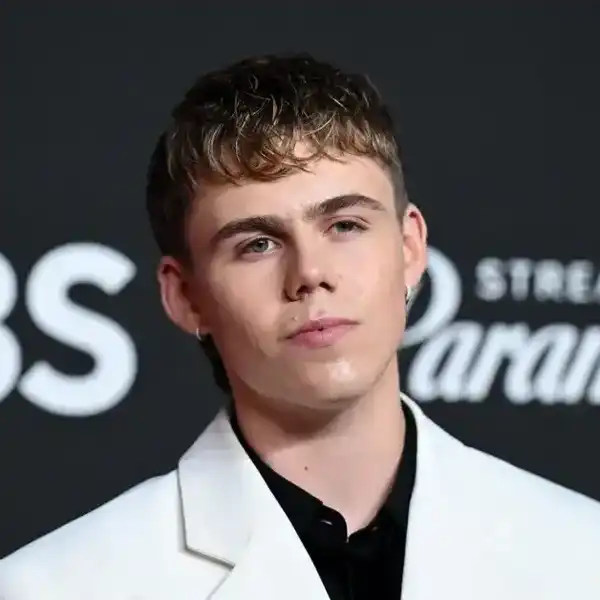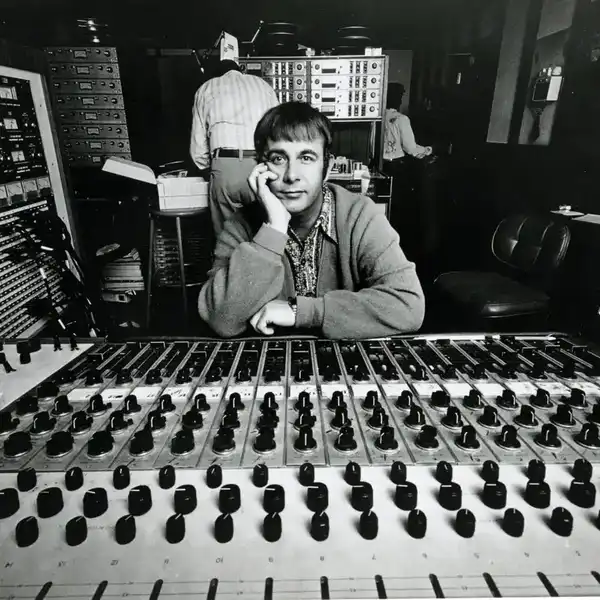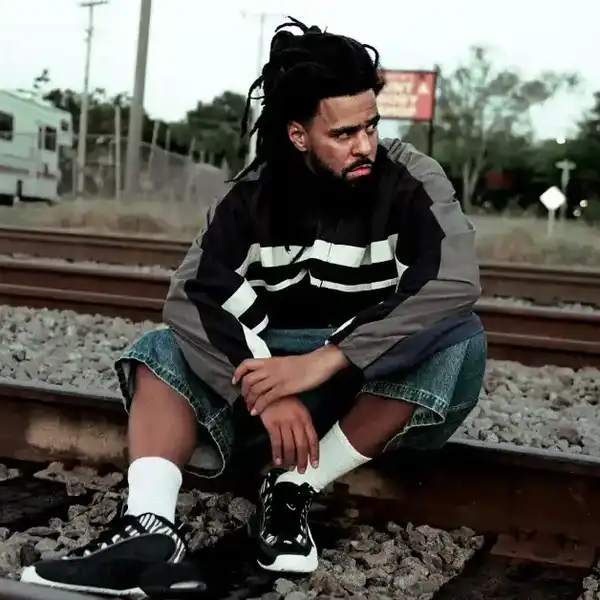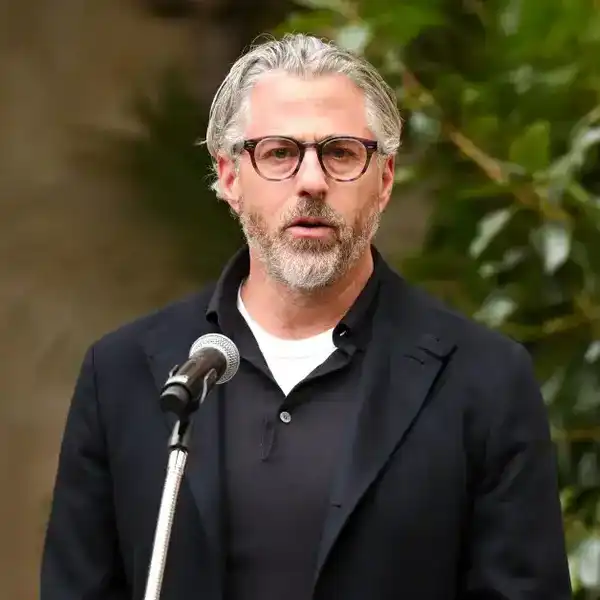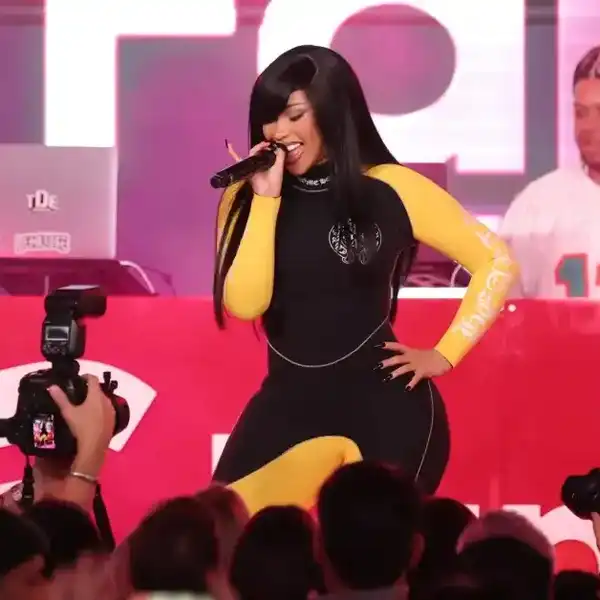Nirvana’s Dave Grohl, Krist Novoselic Tell Conan O’Brien About Band’s Disorienting Rise to Fame: ‘We Were Kids’ — Exclusive
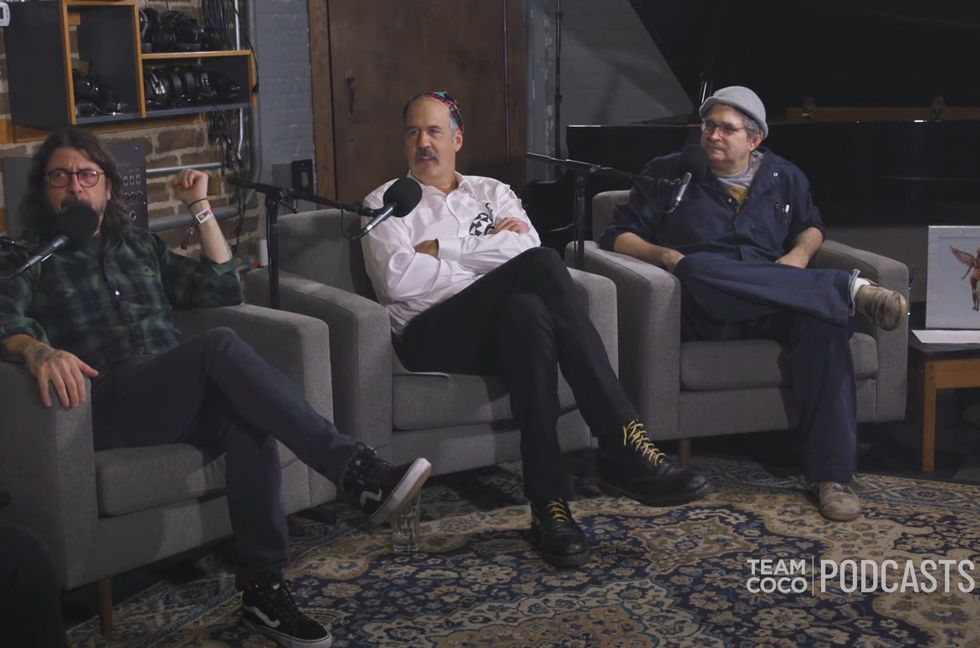
Going from the underground to Michael Jackson-level fame overnight is mind-melting for anyone. But for the scruffy 20-something punk rockers in Nirvana it was even more disorienting, and life-changing than they could have ever imagined.
In an exclusive Billboard preview of next week’s episode of the Conan O’Brien Needs a Friend podcast, the former late night talker sits down with living Nirvana members drummer Dave Grohl and bassist Krist Novoselic to discuss the effects of going from touring in a van to topping the charts.
O’Brien notes that there was just a three-day gap between when Nirvana’s second, and final, major label album, In Utero, dropped in September 1993 and the kick-off of his original late night talk show on NBC, Late Night With Conan O’Brien. “I remembered the music on the album — because I was such a huge fan — being background music to the terror and the weirdness of me starting a late night show from complete obscurity,” says O’Brien, who is also joined by In Utero producer/engineer Steve Albini for the chat celebrating the album’s 30th anniversary.
“That’s similar to the Nirvana experience I would imagine,” says Grohl, who recalls that he was just 21 when the band suddenly became massive in 1991 upon the release of their axis-tilting major label debut, Nevermind; Novoselic was 25, Cobain was 24. “We were kids and so when you talk about the amount of time that’s gone by to me it’s not even so much about the years, it’s about the experiences that just kind of led, one after another, going from three kids that were basically living or touring out of a van to then becoming a huge band.”
Grohl says that the divisive 1993 follow-up turned into the “uncomfortable soundtrack” to that transition from obscurity to intense scrutiny, with the band living in a totally “different world” during the sessions for that album than they were just 16 months earlier.
Trying to put the leap into perspective, Novoselic says that Geffen Records had such modest expectations for Nevermind that it initially printed only 50,000 CD copies. O’Brien adds that he spoke to someone who worked at the label at the time who noted that when the album with “Smells Like Teen Spirit” as its lead single blew up Geffen had to stop printing copies of titles by all its other artists to go full-born on Nevermind.
The three-year period between when Nevermind dropped and singer Kurt Cobain‘s death by suicide in April 1994 felt like “10 years,” according to Novoselic, with Albini putting a button on the chaotic whirlwind by describing how Nirvana went from being “couch surfers to being the biggest band ever in the world” in a span of 18 months.
The problem, O’Brien posits, is that Nirvana came out of the punk scene, where he suggests that flossy displays of wealth and success were considered anathema to the ethos of the DIY culture. Albini, however, pushes back against what he says is a notion often espoused by those outside the scene that punks consider success to be “bad and evil.” It’s worth noting that Cobain was an avowed admirer of he Beatles and that the retro video for the Nevermind single “In Bloom” was an homage to Beatlemania.
“I have never experienced that genuinely from anybody in the punk scene that wasn’t purely an expression of jealousy,” Albini says, adding that, for the most part, Nirvana’s fans wanted them to become successful and beloved. O’Brien clarifies that he was thinking more of the immense pride the band had in topping the charts — Nevermind went from selling 6,000 copies in its first week to hitting No. 1 on the Billboard 200 album chart in January 1992, pushing Michael Jackson’s Bad from the top spot — combined with a WTF? feeling from the band at their historic ascent.
“Before we made the record Nevermind we were pretty much living in squalor,” says Grohl, describing the tiny “f—ing disgusting” apartment he shared with Cobain that was covered in corndog sticks and cigarettes. “I would have done anything to have my own apartment and to be able to do that through making music.”
And, to be fair, the Foo Fighters frontman says he didn’t have $1 million in his bank account overnight when success came, but rather suddenly his per diem was a lordly $15 per day, enough for two packs of cigarettes. Grohl also says he didn’t feel conflicted or harbor any shame in helping to pay off his mother’s house or buying her a car with his newfound cashflow.
“I think the reason why I didn’t feel personally conflicted was because I knew the band hadn’t done anything outside of our true selves to get there,” Grohl says.
The full interview with the trio will debut on Monday (Oct. 23) on the Conan O’Brien Needs a Friend podcast, with an extended version including music slated to debut that same day at 6 p.m. ET on SiriusXm’s Lithium (channel 34); additional broadcasts (all ET) will take place on Oct. 23 at 9 p.m.; Oct. 24 at 10 a.m.; Oct. 25 at 12 a.m. and 1 p.m.; Oct. 26 at 5 p.m.; Oct. 27 at 8 a.m. and 8 p.m.; Oct. 28 at 2 p.m. and Oct. 29 at 6 a.m. and 6 p.m.
Watch the preview of Grohl, Novoselic and Albini on Conan O’Brien Needs a Friend below.

